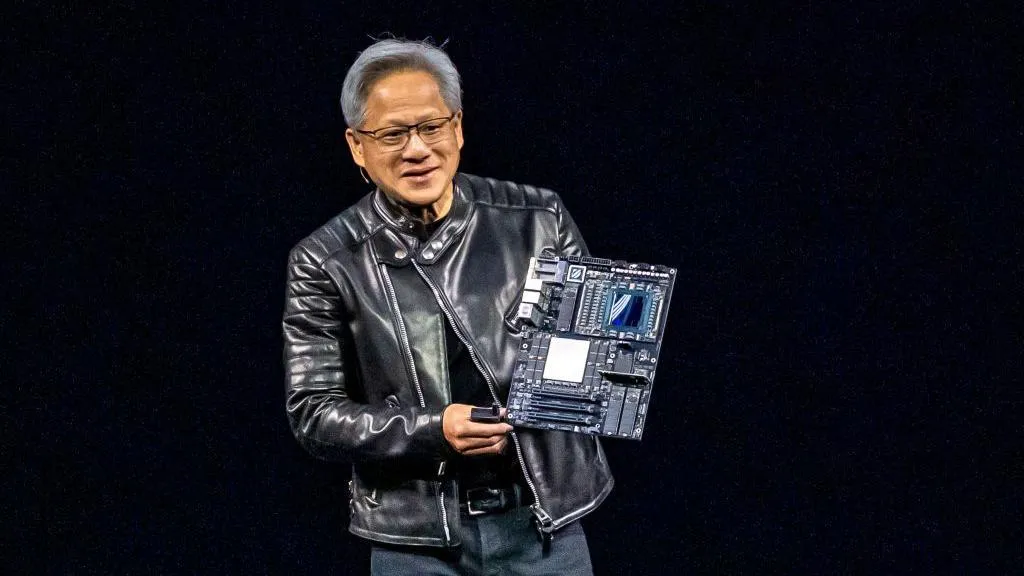
Nvidia, led by the charismatic Jensen Huang, is caught in the crossfire of escalating US-China tensions over AI dominance. Huang, dubbed the ‘Taylor Swift of tech,’ recently visited Beijing shortly after the US government slapped new export controls on Nvidia’s AI chips, requiring licenses to export the H20 chip to China. The US Commerce Department claims these measures safeguard ‘national and economic security’ indefinitely.
Nvidia’s pivotal role stems from its advanced chips, essential for generative AI applications like ChatGPT. This demand propelled Nvidia to become a tech titan, even briefly surpassing Apple in market capitalization. Washington’s restrictions aim to hinder China’s AI development, especially its military applications, giving the US an edge in the AI race.
The US has been restricting Nvidia’s chip sales to China since 2022. The H20 chip was specifically designed to comply with those existing restrictions, after the more powerful H100 chip was banned from sale in China. However, the emergence of Chinese AI company DeepSeek raised concerns that even less advanced chips could fuel significant breakthroughs. DeepSeek claims similar capabilities to ChatGPT using less advanced chips, driving demand for H20 chips from Chinese tech giants like Tencent, Alibaba, and ByteDance. Nvidia faces a potential $5.5 billion loss due to these unfulfilled orders.
While Chinese companies like Huawei are developing alternative AI chips, they are currently considered inferior. Despite this, the US restrictions could incentivize China to accelerate its chip development. According to Chim Lee, a senior analyst, this will challenge China’s AI scene, but it won’t massively slow down China’s AI development.
China is a vital market for Nvidia, accounting for 13% of its sales last year. Huang’s Beijing trip aimed to reinforce Nvidia’s presence despite the curbs. He expressed his commitment to cooperation with China during meetings with Chinese officials. He even met with DeepSeek’s founder. Separately, top Chinese official He Lifeng stated the market investment and consumption potential is huge and Huang stated his commitment to the Chinese market.
These export controls are part of the US strategy to de-risk supply chains away from China and bolster domestic semiconductor production. Nvidia plans to invest up to $500 billion in US-based AI servers, with TSMC investing an additional $100 billion in Arizona facilities. Gary Ng, senior economist, highlights the increasing polarization of global technology into US-dominated and China-dominated systems, leading to more restrictions and less globalization.